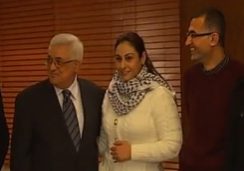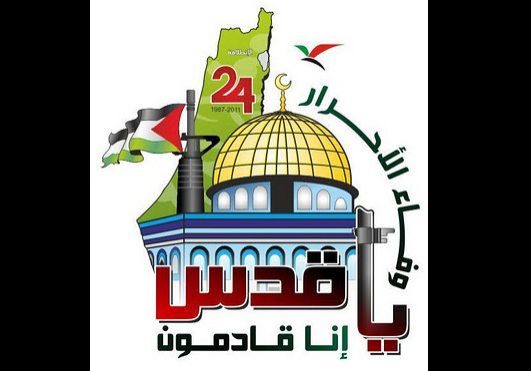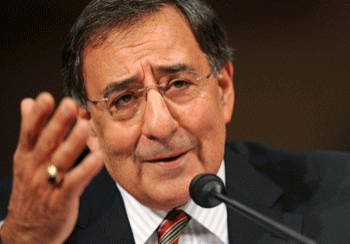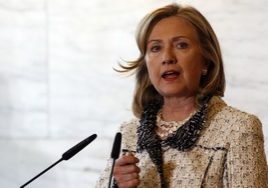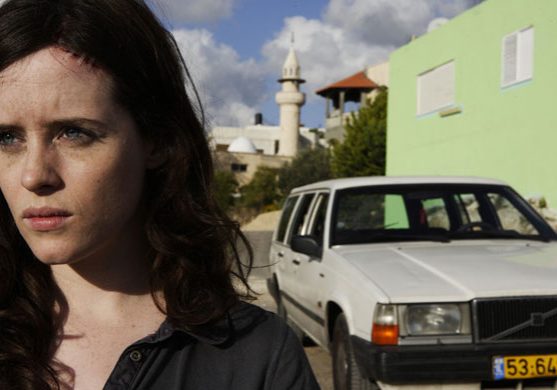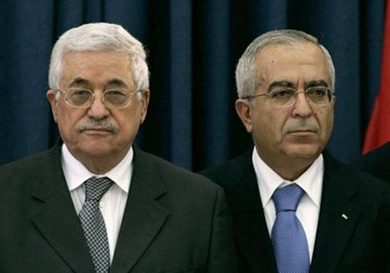
Palestinian Choices
December 22, 2011
Today’s Update features three pieces looking at the choices currently being made by the Palestinian political leadership – both those associated with the Palestinian Authority (PA) and Fatah in the West Bank, and with Hamas in Gaza.
First up is veteran Israeli Palestinian affairs analyst Pinhas Inbari, who looks at the push by Fatah and PA head Mahmoud Abbas for preparations for the election scheduled for May in which he says he will not run. Inbari notes that Fatah seems to be resisting Abbas’ call to name a successor candidate and argues this is because Fatah is totally ill-prepared for either succession or elections.
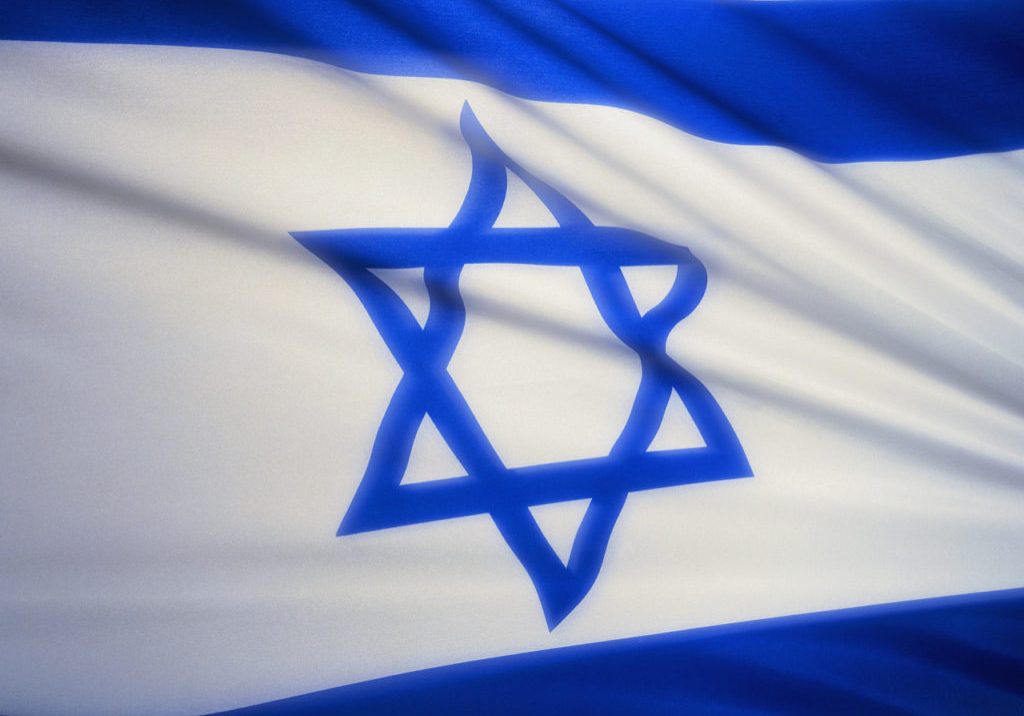
Is Israeli democracy under threat?
December 16, 2011
This Update deals with some claims being made that Israeli democracy is supposedly eroding or under threat as the result of a variety of controversial legislative changes being discussed in Israel, as well as certain recent controversies concerning the treatment of women by sectors of the ultra-religious community in Israeli society.
First up is American law professor and civil libertarian Alan Dershowitz, who makes it clear that the intense arguments he witnessed while recently visiting Israel over the issues in question actually make it very clear that Israel is a vibrant democracy under no threat.
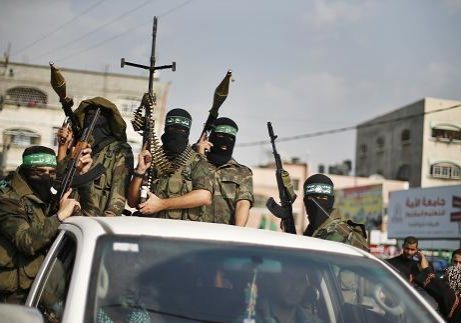
Hamas and Hezbollah in Flux/ Sanctioning Iran’s Central Bank
December 13, 2011
This Update features two pieces on how Damascus-dependent terrorist organisations Hamas and Hezbollah have coped with the possible loss of President Bashar al-Assad as a key ally in the wake of the recent unrest in Syria.
First up is veteran Israeli Arab Affairs analyst Pinhas Inbari, who looks at Hamas’ situation in the wake of the uncertain future in Syria and also Egypt. He notes that the leadership of Hamas is quite happy to be moving its alliance from Damascus to a Cairo dominated by their Muslim Brotherhood allies, as looks likely to eventuate.

